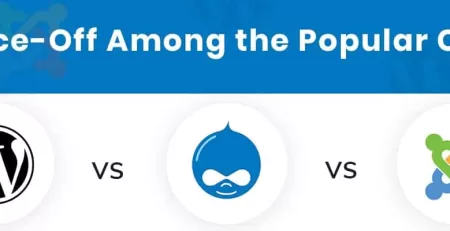Search Engine Optimization (SEO) is the process of optimizing a website in order to improve its ranking in search engine results pages (SERPs). The higher a website ranks in SERPs, the more likely it is to be visited by users.
One of the most important aspects of SEO is the use of keywords. Keywords are the words and phrases that users enter into search engines in order to find what they are looking for. In order to improve a website’s ranking in SERPs, it is important to include relevant keywords in the website’s content, as well as in its meta tags and other HTML tags.
Another important aspect of SEO is the use of backlinks. Backlinks are links from other websites to a website. The more high-quality backlinks a website has, the more likely it is to rank well in SERPs. In order to acquire backlinks, a website can participate in link building campaigns, such as guest blogging and directories submission.
SEO also includes on-page optimization. On-page optimization refers to the practice of optimizing individual web pages in order to rank higher and earn more relevant traffic in search engines. On-page optimization includes optimizing title tags, meta descriptions, header tags, and images.
In addition to optimizing for search engines, it is also important to optimize for users. This means creating a website that is easy to navigate, fast-loading, and mobile-friendly. A website that is optimized for users will not only rank well in SERPs, but will also be more likely to be visited and shared by users.
One of the most important things to keep in mind when optimizing a website for search engines is to create high-quality content. High-quality content is content that is informative, well-written, and relevant to the users who will be visiting the website. The more high-quality content a website has, the more likely it is to rank well in SERPs.
Another important aspect of SEO is technical optimization. Technical optimization includes things like optimizing website structure, using a clean and valid code, and optimizing images and videos. Technical optimization is important because it helps search engines understand a website better, which can lead to higher rankings in SERPs.
Social media also plays a role in SEO. Social media can help to drive traffic to a website, as well as to improve a website’s visibility in search engines. By regularly posting high-quality content on social media, a website can increase its visibility and acquire backlinks.
In conclusion, SEO is a complex and ever-changing field. However, by focusing on keyword research and usage, backlinks, on-page optimization, user experience, high-quality content, technical optimization and social media, a website can improve its ranking in SERPs and drive more relevant traffic. It’s important to keep in mind that SEO is not a one-time process, and website owners should regularly monitor and adjust their SEO strategies to adapt to changes in search engine algorithms and user behavior.












